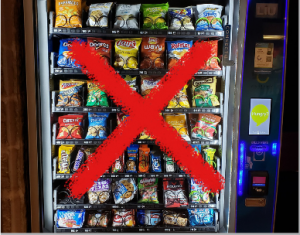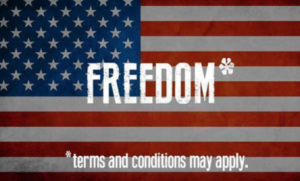By Pooja Bachani
Education Columnist
Did we choose well? To say that last week was full of tough decisions would be an understatement. Within education, election results begged the questions of civic education, or lack thereof, and school choice. Let us begin with the latter as it includes the former.
There are a multitude of choices for the average kindergartner: charter, private, parochial, and public schools, in addition to magnet programs. Charter schools are publicly funded with taxpayer dollars, but are privately owned and managed; typically they operate as a non-profit on privately owned land.
Magnet schools are public schools with specialized courses pertaining to a particular theme (i.e. STEM, Fine Arts, and the like). However, on Tuesday, MA voters restricted future kindergartners’ choices by slamming on the brakes for charter school growth; the Massachusetts Authorization of Additional Charter Schools and Charter Expansion (Question 2) was rejected by a 62.1 percent margin.
While some say low favorability levels for Governor Charlie Baker influenced the vote, the results resounded as a screeching halt on public choice. Some groups believe that charters add to the burden of traditional public schools, others say they thwart the comforting notion of the “neighborhood public school.”
On the one hand, voters are skeptical of the way charter schools are run. On the other hand, public schools need more funding; a recent Northwestern study found poor children are more likely to graduate from high school if their school receives 10 percent more funding.
The Massachusetts vote on charter schools not only reflects voters on one particular issue, but also echoes public opinion on the notion of choice. Since their start (Minnesota wrote the first charter school law in 1991), charter schools have provided an alternative to public and traditional private schools.
While controversial in the ways they are run and manage to accommodate students’ needs, overall charter schools have steadily grown in the last two decades, especially in Massachusetts. Charter schools exemplify innovation in education; they fulfill a need that stems from a predominantly lackluster public school system.
It seems a bit hypocritical to acknowledge the shortcomings of the public school system while simultaneously sequestering the growth of the alternative; one can even go so far as to say, some people fear having a choice. Indeed it is easier to have everything predetermined; but, easy does not necessarily predicate societal wellbeing. Independent choice is the cornerstone of progress; we cannot rob individuals of their right to choice unless it directly inflicts harm upon another person, as Mill’s harm principle states.
Right to choice begs the question of informed decision makers; would the Massachusetts population have voted differently had they known more about the issues? Would the general population have chosen differently if schools placed greater emphasis on civic education? Perhaps. However, an informed voter does not necessarily translate to a voter that embraces choice.





Be First to Comment